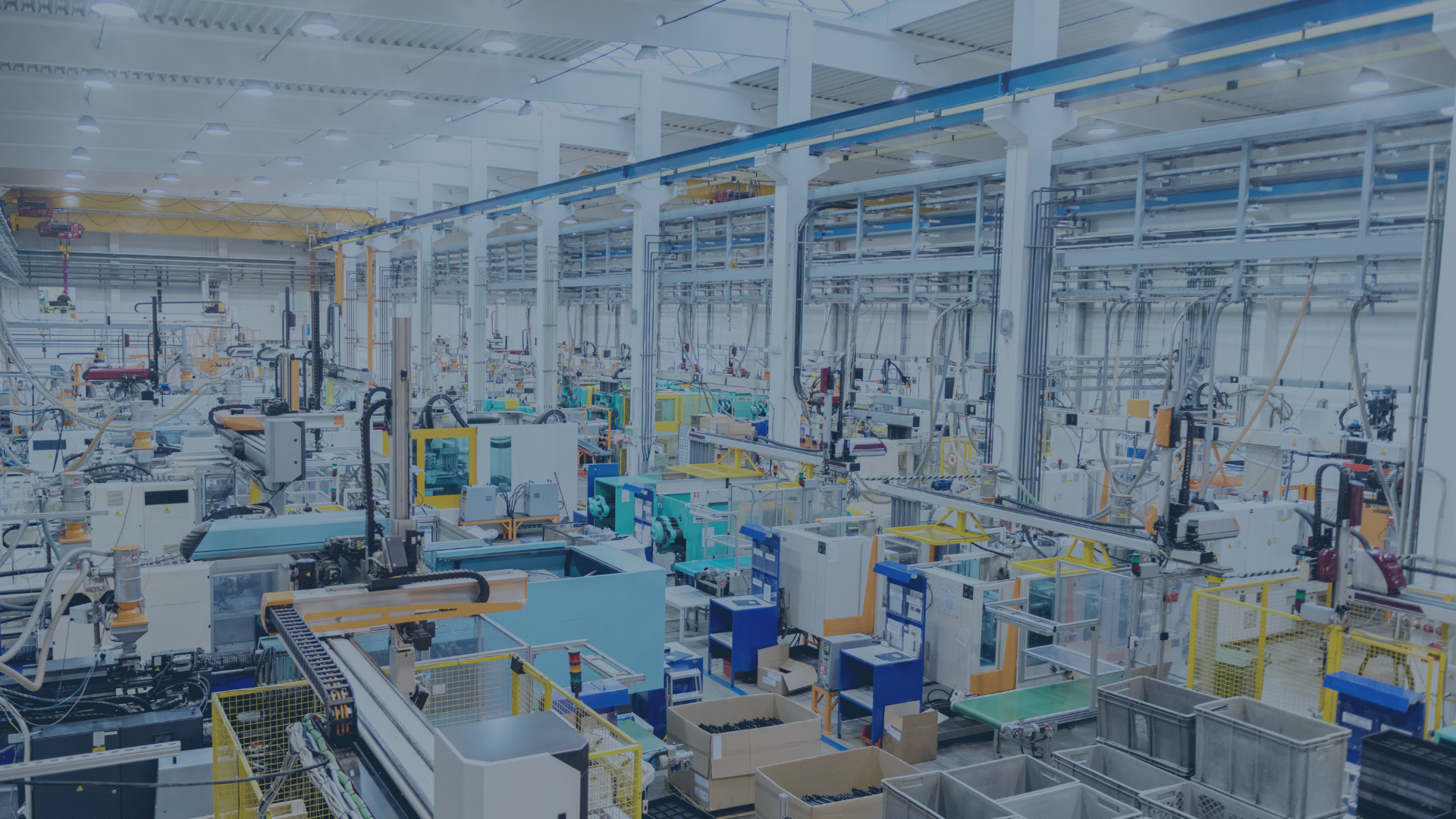
How ERP Supports Lean Management Manufacturing
There are many ways to drive profitability in manufacturing, but one of the most widely used is the lean manufacturing methodology which focuses on cutting unneeded processes for a focus on what really matters for production.
The use of a manufacturing execution system in resource planning, specifically an enterprise resource planning solution (ERP), helps manufacturers achieve the goals of a lean approach. The sophisticated production planning in ERP systems, especially an industrial product ERP solution such as SAP S/4HANA Cloud Public Edition, enables the precise tracking and analysis that is essential for the lean methodology.
The Concept Behind Lean Manufacturing
Lean management manufacturing, first developed by Taichii Onho and Shigeo Shingo at Toyota, stresses waste minimization while simultaneously maximizing shop floor productivity.
This waste minimization is not just the full utilization of the materials that go into the manufacturing process, it is a focus on cutting anything related to the production of the product that customers do not perceive as added value and thus are not willing to pay for.
On the productivity side, this same approach is applied to the actions taken in a production facility, stressing the impact of processes toward the larger goal of building the products that customers want.
The Benefits of Lean Management Manufacturing
Reducing waste and driving manufacturing efficiency benefit the bottom line for manufacturers, which is why well-known manufacturers such as Nike, Intel, and John Deere rely on it (and Toyota, of course, the pioneer of this methodology with its Toyota Production System).
Specifically, the lean manufacturing methodology brings six core benefits to manufacturing operations.
- Maximizes Profits. When manufacturing processes are streamlined, production time decreases, holding costs from excess inventory are reduced, and more precise lead times improve production capacity and lead to better sales performance and customer satisfaction.
- Reduces Waste. A reduction in stock movement and unnecessary processes during manufacturing cuts down on employee and machinery usage, as well as dead inventory. This cuts the waste out of manufacturing, a key lean tenet.
- Improves Product Quality. Quality, along with profit maximization, are the twin goals of lean methodologies. Lean manufacturing focuses on identifying product defects at the time of manufacture, which also helps cut down on return costs and creates a greater customer experience at the same time.
- Shortens Lead Times. Efficient manufacturing processes reduce the time between manufacturing a product and when it is shipped to a customer. This shorter lead time helps a manufacturer adapt more quickly to changes in demand.
- Increases Stock Turnover. More efficient manufacturing with the use of lean methodology improves stock turnover, which frees up warehouse space and reduces both carrying costs and spoilage.
- Boosts Environmental Sustainability. Lean helps with the increased emphasis on sustainable manufacturing through manufacturing processes that both cut down on unneeded machine use and better utilization of the materials that go into the production process.
Lean and Production Planning in ERP Systems
Industrial product ERP solutions play a central role in achieving lean goals within manufacturing.
ERP is end-to-end business software that houses all of a manufacturer’s operational data and provides real-time visibility and analysis to make operations more efficient. Originally an outgrowth of materials resource planning software (MRP) used in manufacturing, today ERP is used as a manufacturing execution system in resource planning and for unifying all parts of a manufacturing operation for more exacting efficiency and waste management.
The production planning in ERP systems further drives the efficiency central to lean manufacturing.
With an industrial product ERP solution, manufacturers can perform precise demand planning for tighter resource management through ongoing analysis based on historical trends, real-time sales data, and current resources in inventory.
By having all data within a single system and the enhanced visibility that comes from it, manufacturers can also more easily reduce unneeded processes and inefficiencies by analyzing manufacturing processes with artificial intelligence and better coordinating among departments within the company.
By using an ERP manufacturing execution system in resource planning, manufacturers can also improve process standardization and uniformity through enforced processes that ensure there are no deviations during the manufacturing process. When each step in production is defined and enforced, and there’s real-time visibility to spot deviation, lean management manufacturing goes from an idea to a methodology performed in practice.
Learn more about how ERP supports Lean Methodology
The centrality of an industrial product ERP in creating a lean management manufacturing operation cannot be overstated; it is hard to put the lean methodology in place without an ERP.
To learn more about how a modern ERP solution supports lean management manufacturing and the other benefits it can bring your organization, take a look at our ERP solutions for small to mid-sized manufacturers or contact one of our experienced ERP consultants at (801) 642-0123 or by writing us at info@nbs-us.com.

